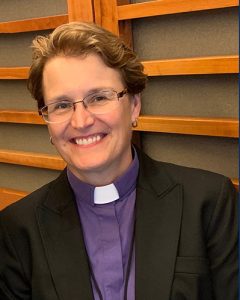Why Religious Freedom Matters to Me

Simran Jeet Singh is Executive Director of the Aspen Institute’s Religion & Society Program. The following is an edited summary of his remarks presented at the ICLRS 2022 Religious Freedom Annual Review, 16 June 2022.
My story begins in Texas. I’m not sure why my parents thought it would be good to leave their comfortable homes in India and emigrate to South Texas, but they did. And that is where my three brothers and I were born—brown-skinned, turban-wearing, beard-loving boys. We faced our share of challenges because of our visible religious identity. I am not saying life was terrible; we had wonderful, happy, normal childhoods. But part of our upbringing was dealing with racism on a daily basis because of how we looked and our religious identity. And those experiences shaped my commitment to the work of religious freedom.


